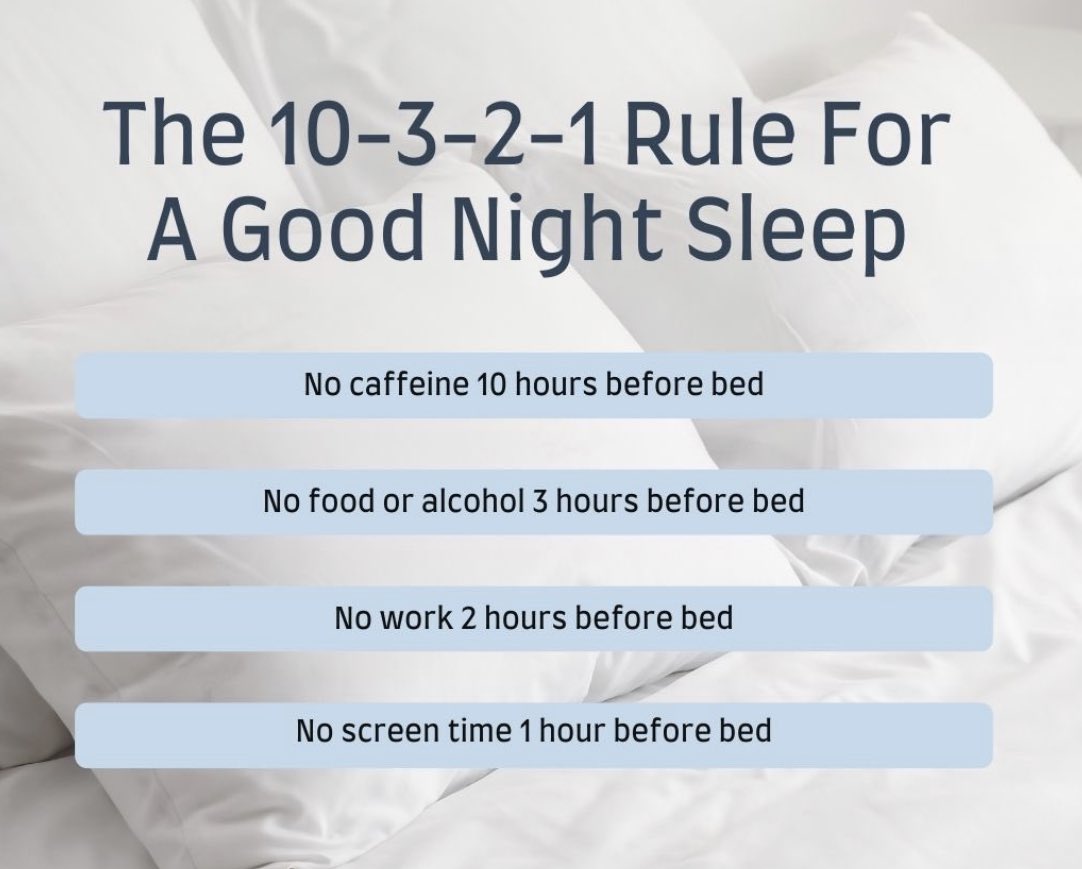How Many Hours of Sleep is Enough for a Student? The Effects on Productivity
Is 7 hours of sleep really enough? I have seen some people sleep less than 7 hours per day and still function like a normal human being, while there are people like me who require more than 7 hours of sleep to be able to put in deep work into my studies.
The Science Behind Sleep Needs
Sleep is a crucial component of a student’s ability to be productive, yet the exact amount of sleep necessary can vary widely from person to person. The National Sleep Foundation recommends that teenagers and young adults (ages 18-25) get between 7 to 9 hours of sleep per night to function optimally. However, individual differences mean that while some students might thrive on 7 hours of sleep, others might require 8 or even 9 hours to feel fully rested and ready to tackle their academic responsibilities.
The question then becomes: How much sleep is enough for students to be productive?
Sleep and Cognitive Function
Research has consistently shown that sleep plays a vital role in cognitive function. Students who get adequate sleep tend to perform better on memory-related tasks and show improved attention and focus during study sessions. A study conducted by the American Academy of Sleep Medicine found that students who sleep less than 7 hours per night are more likely to experience difficulties with concentration, memory, and the ability to process complex information.
When students are sleep-deprived, their ability to enter deep, restorative stages of sleep (like REM sleep) is compromised. This can lead to diminished productivity during the day, making it harder to engage in deep work or sustain focus over extended periods. In contrast, getting enough sleep enhances cognitive functions, helping students to retain information more effectively and think more clearly during exams and study sessions.
Finding Your Optimal Sleep Duration
For me, 7 hours of sleep just isn’t enough, especially when I know that the next day will be filled with mentally intensive tasks like coding or solving complex math equations. I’ve found that my productivity significantly drops if I don’t get at least 8 hours of sleep. My typical study routine involves 4 hours of deep focus work in the morning, where I tackle the most challenging tasks, followed by 4 hours in the afternoon for less demanding work, and then an hour at night for light, administrative tasks.
The time of day when I do my work plays a big role too. I’ve noticed that getting 8 to 9 hours of sleep can double my productivity during those critical morning hours—of course, with the help of a strong cup of coffee!
If you’re reading this, you might already suspect that 7 hours of sleep isn’t enough for you either. My advice? Cut down on late-night social media scrolling or other mindless activities, and aim for at least 8 hours of sleep. Give it a try for two weeks, and you’ll likely notice a big difference in both your mood and your productivity.
That said, everyone is different. Some people can function well on 7 hours of sleep, especially if they supplement it with a short nap in the afternoon. The key is to find what works best for you. Experiment with your sleep schedule and see how it impacts your productivity—you might be surprised at how much more you can get done with just a bit more rest.
Conclusion
In conclusion, while 7 hours of sleep might be sufficient for some students, others may require more to perform at their best. The key is to listen to your body and adjust your sleep schedule to meet your individual needs. Prioritizing sleep as part of your study routine is essential for maintaining productivity and achieving academic success. By finding your optimal sleep duration, you can enhance your focus, boost your cognitive function, and improve your overall performance as a student.
Bonus: How to Improve Your Sleep Quality
Now, I understand that many students might find it difficult to sleep, especially when we've overworked ourselves during the day, leaving our brains more active than usual. Research has shown that students often struggle with sleep due to the stress and mental workload associated with academic life, leading to difficulty in falling asleep or staying asleep.
Before I dive into specific methods, it’s important to note that the quality of your sleep is just as crucial as the quantity. If you've ever used a sleep tracker, you’ll know there are different stages of sleep, such as deep sleep and REM sleep. Ideally, you want to maximize your deep sleep to ensure your brain and body are fully restored.
So, let's cut to the chase. Here are three simple rules to improve your sleep and boost your productivity while studying:
Keep Your Room Cool:

- Your body finds it difficult to sleep when it's too warm. The ideal temperature for sleep is between 65 and 68 degrees Fahrenheit (18.3 to 20 degrees Celsius). Keeping your room within this range can help you fall asleep faster and stay asleep longer. If you find yourself tossing and turning, try lowering the temperature a few degrees to see if it makes a difference. source: Sleep Foundation and source: Sleep.com.
No Work 1 Hour Before Sleeping:

- You have to be disciplined about this because, especially in cultures like Singapore's, there's a concept called "Kiasu," which means the fear of missing out. You might feel pressured to keep working late into the night, thinking you’ll fall behind if you go to bed early. However, the opposite is true—resting early allows you to be more productive the next morning. Set a strict rule to stop all work at least an hour before bed, giving your brain time to wind down. Engage in relaxing activities like reading or listening to calming music instead.
- Make Your Room as Dark as Possible:

- Darkness signals to your body that it’s time to produce melatonin, the hormone that regulates sleep. Use blinds or curtains to block out any light and make sure there are no bright lights in your room. You can also switch to warm lighting an hour before bed to help your body recognize that it’s time to sleep. This simple change can significantly improve your sleep quality by helping your body prepare for rest naturally.
Hopefully, these tips help you as a student to improve your sleep quality. Feel free to let me know in the comments if these tips benefited you! If you found this helpful or would like to learn other ways to boost your productivity beyond just sleep, check out my article on how to prevent food comas so you can study better or how to avoid sleepiness while studying!

Comments
Post a Comment